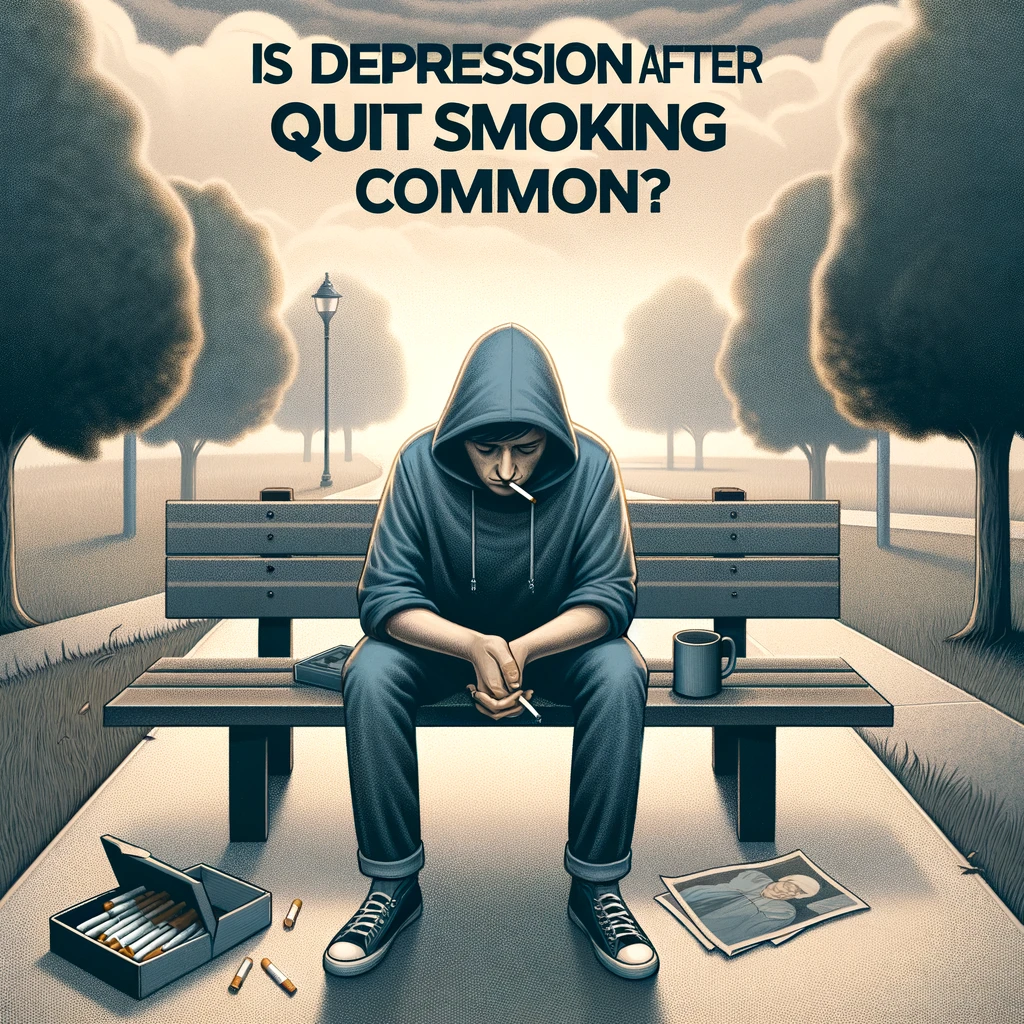Vancouver Sun – Friday, April 24, 2009
CanWest News Service
By Sharon Kirkey
Parents who smoke are putting their daughters at increased risk of breast cancer, according to an expert panel that has unanimously agreed strong enough evidence now exists to link second-hand smoke to breast cancer.
“Eve moderate exposure to passive smoking, such as living or working with a smoker early in life, increases a woman’s risk of breast cancer when she is in her 30’s, 40’s and 50’s,” panelist and University of Toronto public health expert Dr, Anthony Millers says.
“That is very important information people should know.”
Studies on the possible relationship between cigarette smoke and breast cancer have been inconsistent, with some showing an increase in risk and others not. But after reviewing all available evidence – more than 100 studies – the panel concluded that all women who smoke, particularly young women, are at increased risk of breast cancer, and that even young women who don’t smoke are at increased risk if they’re exposed to second-hand smoke.
“An estimated 80 to 90 per cent of women have been exposed to tobacco smoke in adolescence and adulthood,” says panel chairman Neil Collishaw, of physicians for a Smoke-Free Canada. “Those women face an increased risk of breast cancer because of that exposure. Everyone needs to know that no girls and no women should be exposed to tobacco smoke,” Miller said.
According to the 11-member Canadian expert panel on tobacco smoke and breast cancer risk:
- Smoking increases the risk of breast cancer in all women. “On average, it would be about a 50-to70-percent increase in risk, depending on how much women smoke,” says Miller, associate director of research at the University of Toronto’s Dalla Lana School of Public Health. One in seven women in Canada will develop breast cancer in their lifetime. “If you’re an active smoker, you’ve moved from one in seven, to about one in fire,” Miller says. The highest risks were for women who started to smoke before age 15.
- Exposure to second-hand smoke increases the risk of breast cancer in younger, primarily premenopausal women by 40 to 50 per cent.
- There’s not enough evidence to judge whether second-hand smoke increases the risk of breast cancer in older women. But Miller says it doesn’t make a lot of biological sense to think passive smoking only increases risk in pre-menopausal women.
Breast cancer is the most commonly diagnosed cancer in Canadian women, with 22,700 new cases expected this year and 5,400 deaths from the disease.
“Any woman who has lived in a family where mother and/or father have smoked throughout her life is definitely at increased risk of breast cancer,” Miller says. “She’s had long-term exposure under circumstances where her breasts have developing, and where they are very susceptible to the effects of carcinogens. That’s the worst type of exposure.”
Girls who expose themselves to their friends’ smoking, especially in closed rooms, are “probably increasing their risk of breast cancer, “Miller says.
The panel, comprised of sic Canadian and five American experts, was convened by the Ontario Tobacco Research Unit, an affiliate of the Dalla Lana School of Public health, with support from the Public Health Agency of Canada and the Canadian Partnership against Cancer.
Get a personal consultation.
Feel free to contact us nearest to your location







